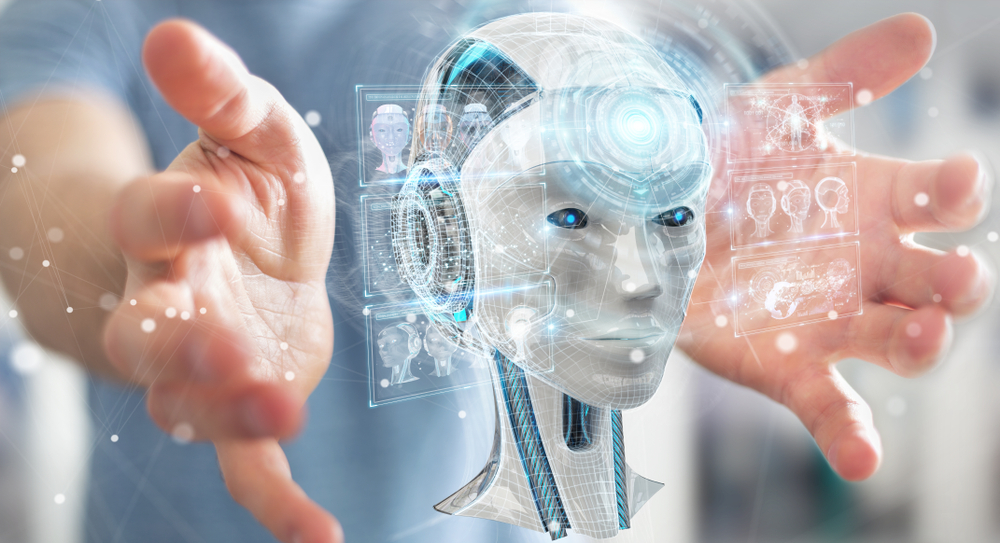
Religions are systems of beliefs, practices, and behaviors that represent mankind’s connection to ideas and things that are spiritual, transcendental, and even supernatural. It’s estimated that there are over 10,000 belief systems worldwide, with over 80% of people following established religions such as Christianity, Islam, Buddhism, and Hinduism. There are also many people who follow folk religions and new religious movements that are based on technology–such as Way of The Future.
Generally, there isn’t one strict definition of religion. Even among atheists, agnostics, and the religiously unaffiliated, there are viewpoints and behaviors that resemble those of traditional religions. Many faiths are based on reverence and acknowledgment of one or more deities or divine figures. Technology continues to be a driving force in society and has emerged as a basis for religious belief, despite science and religion’s complicated history.
Worship as a Way of The Future
In 2015, Anthony Levandowski, a self-driving car engineer, as well as advocate and co-founder of autonomous driving companies, filed documents to establish Way of the Future, a church based on the acceptance and worship of artificial intelligence as a Godhead. Levandowski conceived of Way of The Future as a way to transition to a reality where AI controls the planet. He believed a church would be the best approach for generating enthusiasm and acceptance of this future reality. Levandowski began to publicly discuss Way of The Future in 2017.
Although Way of The Future resembled the formation of other churches from a legal standpoint, it lacked many of the other hallmarks of traditional religions. There wasn’t a formal house of worship with regularly scheduled services or gatherings involving adherents. It did not have a sacred text or book of doctrine. There weren’t rituals or routine practices for believers to perform. Way of The Future was based on a few premises:
- The ethical development of AI
- The rights and privileges of AI, not unlike that of animals
- The inevitability of AI’s superior intelligence
- Steering AI’s intelligence toward the ultimate benefit of the world
Way of The Future was considered to be a cult created on the whim of Levandowski. Around the same time, Levandowski was in the middle of a civil lawsuit involving Uber and Waymo, a company he co-founded. Although he wasn’t named as a defendant, some believed he had traded industry secrets between the companies. He had been involved in arbitration with Google over contract disputes. Some thought Way of The Future was a way for Levandowski to protect his funds. Because Way of The Future was a religion and not a tech startup or nonprofit, it was protected from certain governmental scrutiny and intrusion.
In 2019, Levandowski was charged by the US Department of Justice for theft and trading of secrets. He plead guilty to one count of trade secret theft and was sentenced to prison. In 2021, he was pardoned by President Donald Trump on his last day in office. It was later revealed that Levandowski made plans to close the church in 2020. He donated the church’s funds to the NAACP Legal Defense and Education Fund.
Exploring Tech-Based Belief
Although most new religious movements rarely expand beyond cult status, technology’s ubiquity gives it an advantage. Technology is often geared toward societal and individual improvement. The spread of the internet also provides a way for tech-based ideas and concepts to scale up rapidly in awareness and adoption. Whereas the world’s most established religions took centuries to get where they are, tech-based belief can transcend geographic, cultural, and language-based boundaries.
Although Way of The Future never moved beyond being a concept, it does provide discussion fodder as to where future tech-based religions may go. Humankind will continue to find ways to understand its existence, especially as it relates to spirituality and the idea of a higher power. Technology can be a powerful engine for future religious movements.

